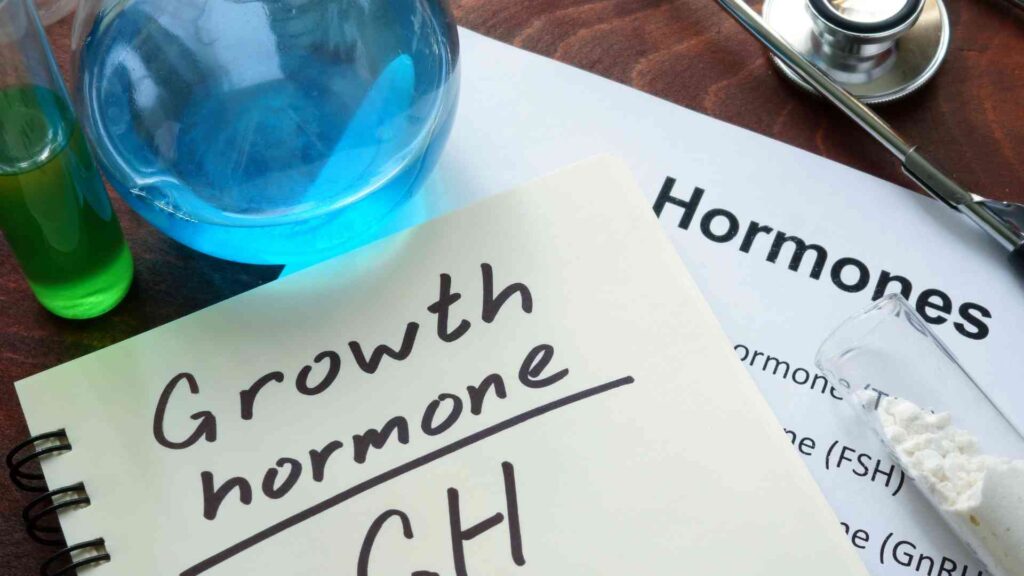Discover comprehensive information for all aspects of sexual health and find resources and guidance to empower your sexual well-being.
Erectile dysfunction (ED) means having trouble getting or keeping an erection that’s good enough for…
Discover comprehensive information for all aspects of sexual health and find resources and guidance to empower your sexual well-being.
Erectile dysfunction (ED) means having trouble getting or keeping an erection that’s good enough for…
Erectile dysfunction (ED) is a common condition affecting men, often characterized by the inability to…
Erectile dysfunction (ED) is a condition that affects many men worldwide, leading to significant stress,…
Painful erections never indicate normalcy, and sometimes signal a medical emergency. Severe pain may necessitate…
Sleep-related painful erection (SRPE) is a rare condition where people get painful erections while they’re…
Prostate health is a critical concern for men, especially as they age. The prostate gland…
Commitment issues can often manifest in romantic relationships, work, and other personal or professional spheres.…
Intermittent fasting (sometimes called IF) is an eating pattern that involves periods of food restriction, called fasting, followed by a period of regular eating.
This pattern of eating could help you lose weight, reduce your risk of diseases, and increase your lifespan.
Some experts even claim that its beneficial effects on metabolism make it a healthier way to lose weight than standard calorie restriction.
Table of Contents
ToggleIntermittent fasting offers a straightforward and effective method for fat loss that is relatively easy to maintain.
Research indicates that, in terms of weight loss, intermittent fasting can be as effective as, if not more effective than, traditional calorie restriction.
A 2014 review even discovered that intermittent fasting could lead to an impressive 3–8% reduction in body weight within 3–24 weeks.
In the case of individuals with obesity or overweight, a 2016 review concluded that intermittent fasting might be a superior approach to weight loss compared to very low-calorie diets.
Various methods of intermittent fasting exist, such as the 5:2 diet, involving two days of fasting per week, or other approaches like alternate-day fasting.
Related: 10 Myths About Intermittent Fasting
Chemical messengers known as hormones play a crucial role in coordinating complex functions like growth and metabolism by traveling through your body.
These hormones also significantly impact the regulation of your weight, exerting a strong influence on your appetite, caloric intake, and the storage or burning of fat.

IF has been associated with enhancements in the balance of certain hormones involved in fat burning.
Insulin, a key player in fat metabolism, instructs your body to store fat and inhibits the breakdown of fat. Persistently high levels of insulin can pose challenges to weight loss and have associations with health conditions such as obesity, type 2 diabetes, heart disease, and cancer.
Intermittent fasting has demonstrated effectiveness comparable to calorie-restricted diets in reducing insulin levels. This eating approach may lead to a substantial decrease in fasting insulin levels, ranging from 20% to 31%.
Human growth hormone, essential for promoting fat loss, exhibits increased blood levels during fasting. Studies suggest that in men, fasting may result in up to a fivefold increase in human growth hormone levels.

Elevated levels of human growth hormone not only facilitate fat burning but also help preserve muscle mass and offer additional benefits. However, the extent to which women experience these benefits from fasting, including a rise in human growth hormone, remains unclear.
Norepinephrine, a stress hormone integral to the “fight or flight” response, enhances alertness and attention. Among its various effects, norepinephrine signals fat cells to release fatty acids, making more fat available for the body to burn. Fasting induces an increase in the circulating levels of norepinephrine.
While the belief persists that skipping meals could prompt the body to adapt by lowering its metabolic rate to conserve energy, it is well-established that very prolonged periods without food can indeed lead to a drop in metabolism.

Contrary to this, some older studies suggest that fasting for shorter durations might actually increase metabolism rather than slow it down. For instance, an older study involving 11 healthy men revealed that a 3-day fast led to an impressive 14% increase in their metabolism). This boost is attributed to the elevation of the hormone norepinephrine, which promotes fat burning.
However, it’s important to note that more high-quality and recent studies are required to thoroughly assess how IF specifically impacts metabolism.
The decrease in metabolic rate that typically occurs when weight is lost is partly due to the loss of muscle mass, given that muscle tissue continuously burns calories. However, the decline in metabolic rate accompanying weight loss cannot always be solely attributed to the reduction in muscle mass.
Prolonged and severe calorie restriction can lead to a drop in metabolic rate, a phenomenon referred to as “adaptive thermogenesis.” The body enters this mode as a natural defense against starvation, conserving energy. This was notably demonstrated in a study of individuals who lost substantial weight while participating in the reality TV show “The Biggest Loser.” Despite regaining nearly all of the lost weight six years later, their metabolic rates remained approximately 500 calories lower than expected for their body size.
Similar results have been found in other studies examining the effects of calorie restriction on weight loss, indicating that the drop in metabolism due to weight loss can amount to hundreds of calories per day. This underscores the reality of “starvation mode” and partly explains why many individuals who lose weight may regain it.
Considering the short-term effects of fasting on hormones, there is a possibility that intermittent fasting might mitigate the decrease in metabolic rate caused by long-term calorie restriction. However, as of now, there is a lack of quality research on the long-term effects of intermittent fasting diets on metabolic rate.

Metabolically active tissue, muscle, plays a crucial role in maintaining a high metabolic rate. This enables the burning of more calories even during periods of rest.
Regrettably, when individuals lose weight, they typically experience a reduction in both fat and muscle mass.
Some claim that intermittent fasting may better preserve muscle mass compared to calorie restriction, attributing this to its impact on fat-burning hormones. They specifically believe that the observed increase in human growth hormone during fasting contributes to the preservation of muscle mass, even in the context of weight loss.
According to a 2011 review, intermittent fasting was found to be more effective in retaining muscle during weight loss compared to a traditional low-calorie diet. However, findings have been inconsistent. A more recent review indicated that intermittent fasting and continuous calorie restriction had similar effects on lean body mass.
In a recent study spanning 8 weeks, there was no significant difference in lean body mass between individuals practicing fasting and those on continuous calorie restriction. However, by the 24-week mark, the fasting group had experienced a lesser loss of lean body mass.
Larger and longer studies are required to determine whether intermittent fasting is more effective at preserving lean body mass.
Related: Intermittent Fasting: A Scientific Guide For Women
While research has revealed promising findings, the impact of intermittent fasting on metabolism is still under investigation.
Preliminary research indicates that short-term fasts may increase metabolism by as much as 14%. Also, multiple studies propose that muscle mass does not significantly decrease with intermittent fasting.
If these findings hold true, intermittent fasting could offer significant weight loss advantages over diets centered on continuous calorie restriction.
Ultimately, for many individuals, intermittent fasting has the potential to be a highly effective tool.
References
Dr. Nishtha, a medical doctor holding both an MBBS and an MD in Biochemistry, possesses a profound passion for nutrition and wellness. Her personal journey, marked by significant struggles with physical and mental health, has endowed her with a unique empathy and insight into the challenges countless individuals face. Driven by her own experiences, she leverages her background to offer practical, evidence-backed guidance, empowering others on their paths to achieving holistic well-being. Dr. Nishtha truly believes in the interconnectedness of the mind and body. She emphasizes the significance of understanding this connection as a crucial stride toward attaining balance and happiness in life.

